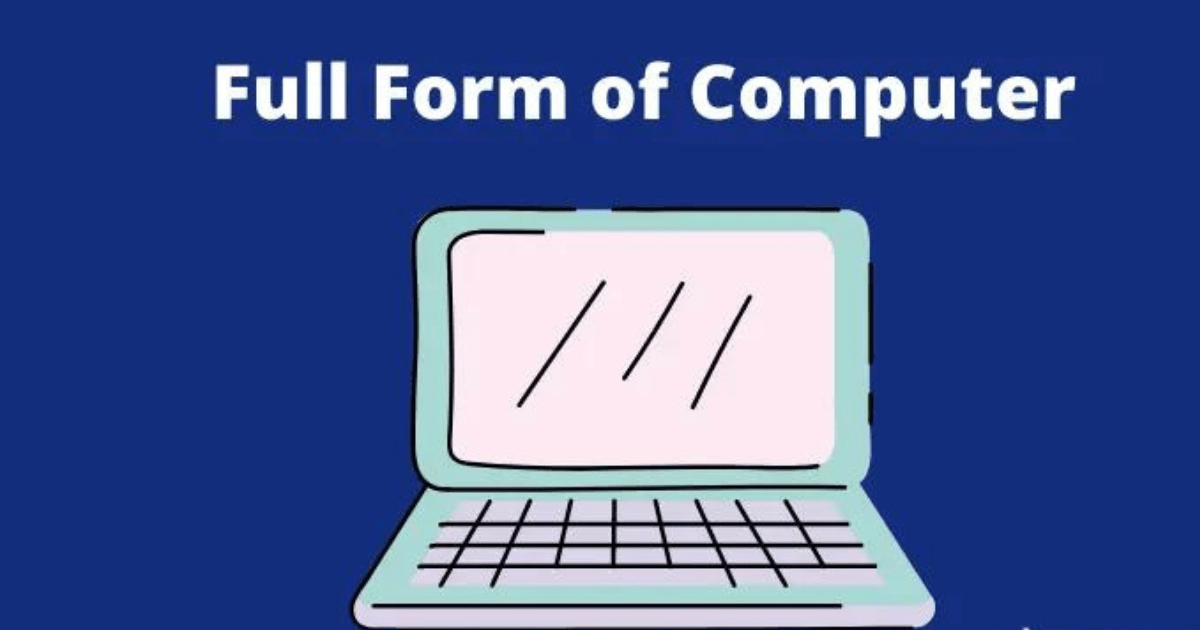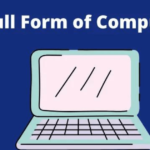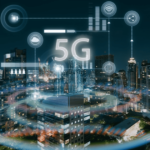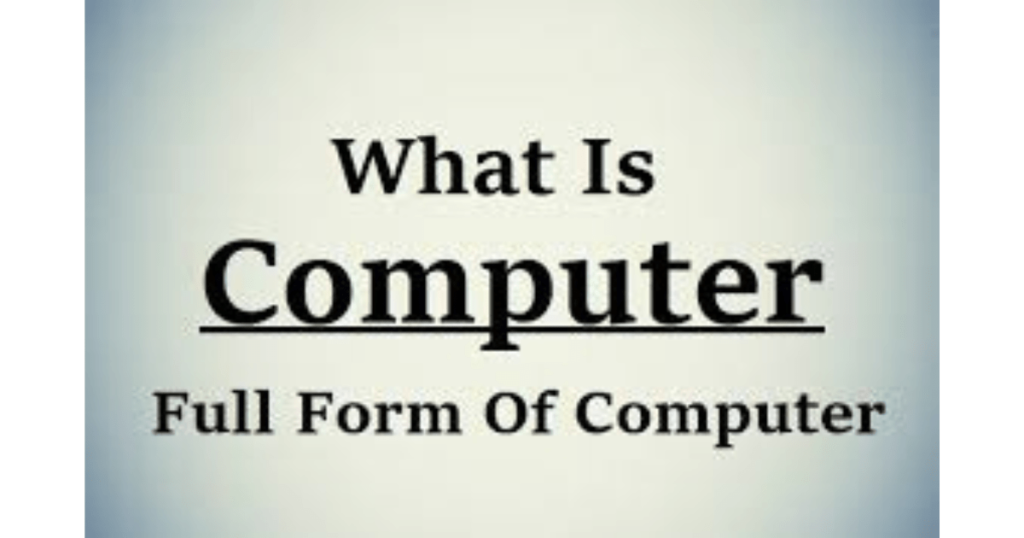
The full form of a computer is (Common Operating Machine Purposely Used for Technological and Educational Research). What is the full form of Computer and The history of computers shows that the first computer was created to resolve scientific and medical issues. Still, later this system expanded, and today, most calculations or problem-solving can be done on a computer.
Hey friends, in this article, we will learn about the full form of computers, the types of computers, and how many generations there are.
Table of Contents
What is the full form of Computer
Computers have been used for many years, and even today, their use continues. The difference between computers now and those in the past is like night and day, and there have been many changes in computers. There have been a total of 5 generations of changes in computers, and we will discuss these 5 generations in detail in this article.
Types of Computers
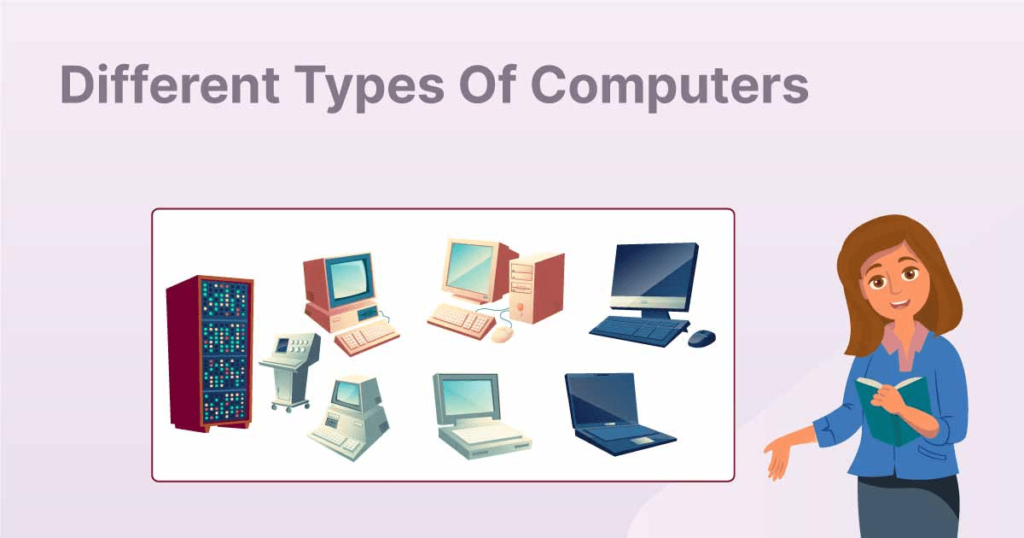
As we see today, there are many types of computers available in the market, and they can be categorized into different groups based on their size. I would like to specifically tell you about 5 types of computers that are defined based on size:
- Supercomputer
- Mainframe computer
- Minicomputer
- Workstation
- PC (Personal Computer)
Advancements in Computing Technology
Based on data handling, you can define computers into 5 different categories such as:
- Server Computer
- Analog Computer
- Digital Computer
- Hybrid Computer
- Tablets and Smartphones
Generations of Computers?
There are different 5 generations of computers since their invention, and computers have been defined in various generations. So, let’s get started.
First Generation Computer (1946-1956):
As soon as the computer was invented, its size was very large, and it required an entire room to accommodate it. It began in 1946 and ended in 1956 for the first generation. The first computers used vacuum tubes, which were quite large.
These computers were used for data storage and calculations.
Examples of first-generation computers:
- ENIAC
- EDVAC
- UNIVAC
- IBM-701
- EDSAC
- IBM 650
Second Generation Computers (1956-1964):
The second generation of computers began in 1956 and ended in 1964. During this period, transistors started to be used, which made computers smaller in size compared to those using vacuum tubes. In the second generation, computers began to operate in high-level languages.
Second-generation computers include:
- UNIVAC 1108
- CDC 1604
- Honeywell 400
- CDC 3600
Third Generation Computer (1964-1971):
The third generation of computers began in 1964 and ended in 1971. During this period, computers became more advanced and modern. The processing speed of third-generation computers also increased significantly, and programming languages like COBOL and Pascal started to be used.
Types of third-generation computers:
- IBM 370
- PDP-11
- UNIVAC 1108
- Honeywell-6000
- DEC series
- ICL 2900
Fourth Generation Computer (1971-1985):
The fourth generation of computers began in 1971 and ended in 1985. Microprocessors took their place in this generation, and computers became even more advanced. During this period, computers started to become smaller. Distributed operating systems were used in this generation, and programming languages like C and C++ began to be utilized. Additionally, the personal computer was invented during this time.
Fourth-generation computer types:
- Micral
- IBM 5100
- Altair 880
Fifth Generation Computer (1980-present):
The fifth generation began in 1980 and is still ongoing. In this generation, computers utilize artificial intelligence. As you all know, various languages such as C, C++, Java, and .Net are used in computers, and due to data science, you are also capable of analyzing large data sets.
Types of Fifth Generation Computers:
- Ultimate Super Computer
- Laptop
- Desktop
- Work Station
- Notebook
For Artificial intelligence, please Visit Link

